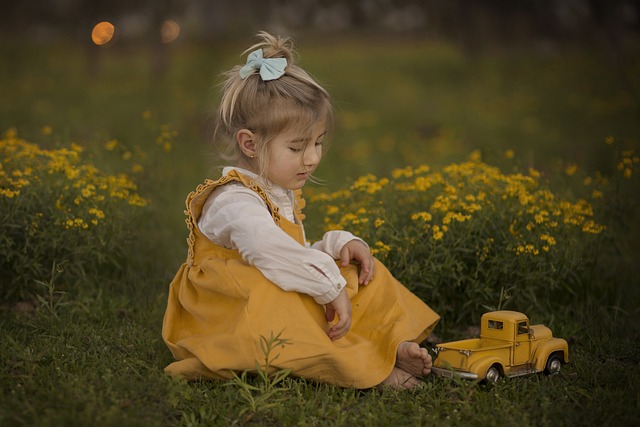The appeal of nature to humans is influenced by both genetics and childhood experiences, according to Swedish scientists. Our preference for green spaces is determined by the genes inherited from our parents. This finding has important implications for urban design.
Early life experiences and genetics influence affinity for green spaces
The documented rejuvenating effects of nature, particularly in urban environments, highlight the positive impact of city trees and green spaces on residents’ well-being. The human inclination towards nature is termed biophilia, but the specific reasons behind this natural affinity are still debated among experts.
Researchers delved into the debate on the connection between genetics and affinity for nature. Their analysis of various studies reveals that some individuals have a natural predisposition towards a stronger connection to nature based on genetics, but early life experiences also significantly contribute to this connection.
According to Bengt Gunnarsson, a professor emeritus of environmental science at the University of Gothenburg, many people have a subconscious positive connection with nature. However, he suggests that the biophilia hypothesis needs to be revised to consider the impact of both genetics and the environment on individuals’ relationships with nature.
The diversity of reactions to nature is emphasized, as evidenced by a Japanese study showing that only 65% of participants experienced positive emotions while walking in a forest. Additionally, a study highlights that individuals with nature-rich childhoods tend to prefer natural environments over urban ones.
Nature should not be standardised during city planning
Gunnarsson’s insights include a twin study indicating genetic factors influencing someone’s affinity or dislike to nature, with environment and upbringing also playing significant roles in shaping sentiments towards nature.
According to Marcus Hedblom, a researcher at the Swedish University of Agricultural Sciences, people have diverse preferences when it comes to nature. This preference is influenced by both genetics and personal experiences. Therefore, when planning green spaces in urban areas, it is crucial not to standardize nature. Simply replacing wild greenery with a park may not be beneficial for everyone. It is important to consider individual preferences and create diverse natural environments in cities.


